“Earth hold no music half so sweet as the laughter of a happy child.”
— Bertha Palmer in Fame’s Tribute to Children (1893)
On this day the world remembers the great Russian composer Pyotr Ilyich Tchaikovsky (May 7, 1840 — November 6, 1893), who died 125 years ago. Although he did not attend the 1893 World’s Columbian Exposition in Chicago, he did provide a small musical gift to help build it.
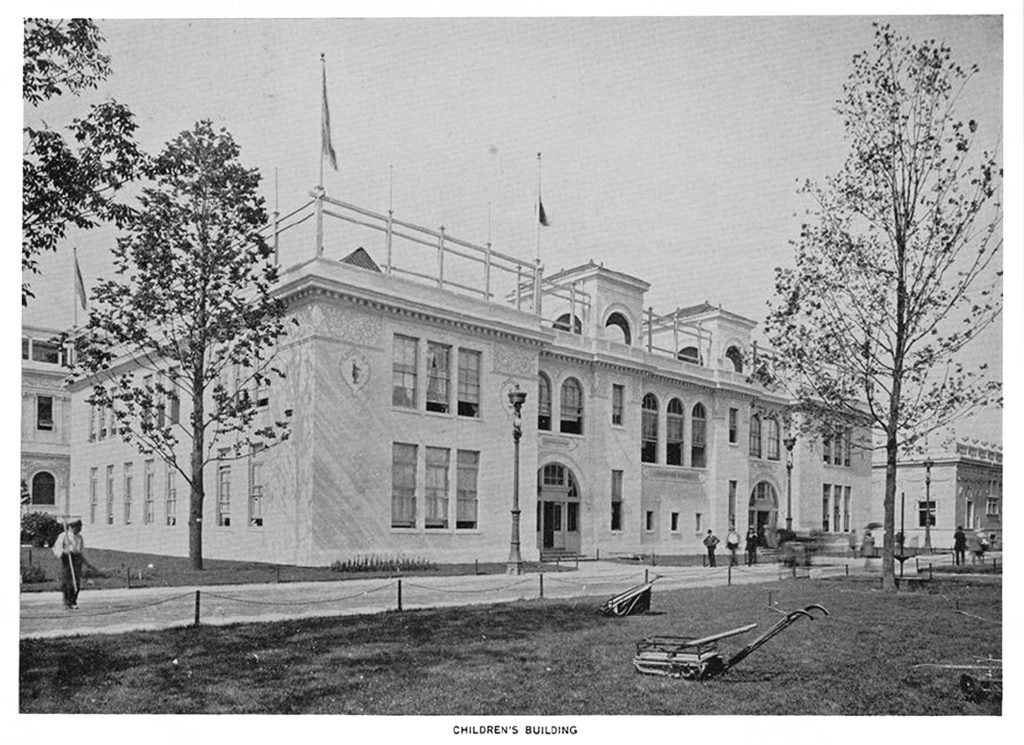
The Children’s Building. [Image from Bancroft, Hubert Howe The Book of the Fair. Bancroft Company, 1893.]
“We appeal to the laurel-crowned of all countries, whose subjects will be partakers in the benefits to be derived from the success of this undertaking, to aid us by contributing to our volume, a verse – even a line; a sketch (be it ever so small), — a dash of the pencil or brush; some thoughts in music, if only a few chords.”
Authors Rudyard Kipling, Henry James, and Thomas Hardy answered the call. Eugene Field, Margaret Louisa Woods, and Oliver Wendell Holmes sent poems. U.S. President Benjamin Harrison, several Supreme Court justices, and the Shah of Persia submitted short notes. Musical compositions arrived from Camille Saint-Saens, Sir Alexander Campbell Mackenzie, and Pyotr Ilyich Tchaikovsky. The submissions were collected in the Fame’s Tribute to Children: Being a Collection of Autograph Sentiments Contributed by Famous Men and Women for this Volume. Done in Facsimile and Published for the Benefit of the Children’s Home, of the World’s Columbian Exposition, published by Hayes and Company in 1893.
Tchaikovsky’s seven-bar manuscript, shown below, is an excerpt (bars 56 to 62) from his famous “Andante cantabile,” composed in 1871 as the second movement of his String Quartet No. 1. The original is written in B-flat major, although the central section where this theme occurs is in D-flat major, and Tchaikovsky has altered the key signature for convenience (thereby inadvertently disguising it somewhat).
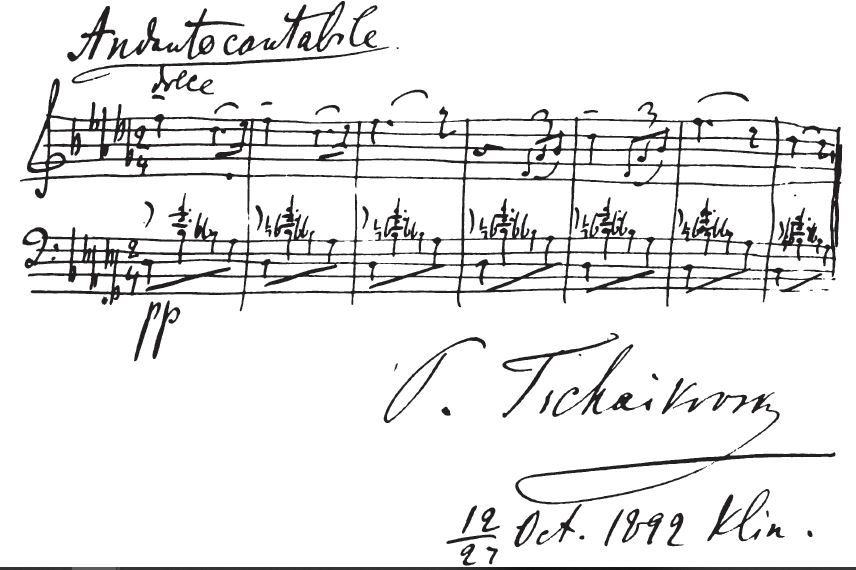
A recording, with score, can be heard and viewed below, with except appearing at about 1:55:
The melody was later adapted into a popular song “On the Isle of May” by Mack David and Andre Kostelanetz. A Decca recording of Connee Boswell singing Tchaikovsky’s tune can be heard here.
Tchaikovsky signed his submission using two dates, representing the old style/new style when the Russian calendar was then 12 days behind the western calendar. Assuming that he meant “12/24” rather than “12/27,” he wrote this from his home in Klin on October 24, 1892.
Just a few months earlier, conductor Theodore Thomas had invited Tchaikovsky to attend the 1893 World’s Columbian Exposition in Chicago. The composer respectfully declined, replying in a letter dated 5/17 May 1892 that survives. Tchaikovsky had visited America a short time before, in April and May 1891, calling at New York, Philadelphia, Baltimore, and Washington, D.C.
NOTE: I am indebted to Brett Langston of www.tchaikovsky-research.net for identifying Tchaikovsky’s piece and for offering his insight into this musical nugget. I thank Henry Spiller for sending the recordings.
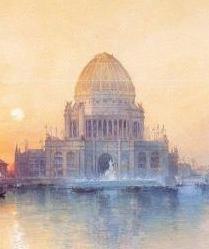
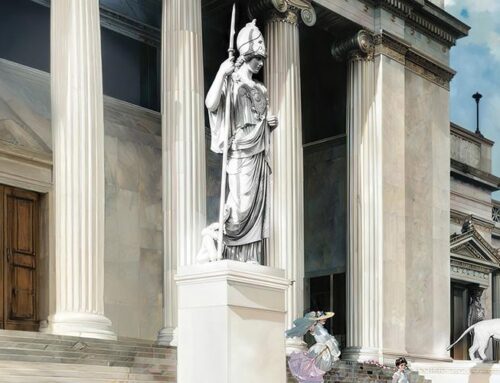
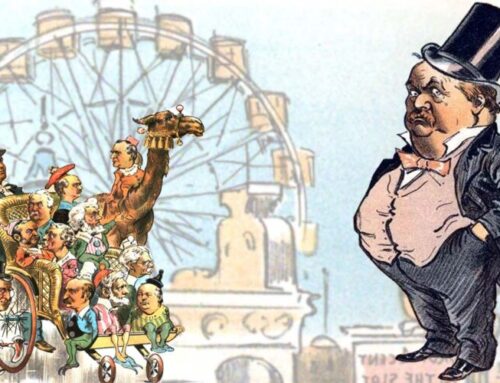
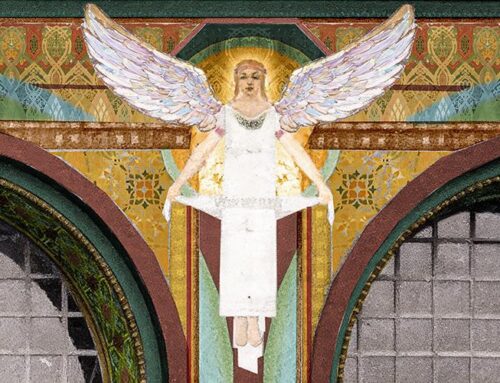
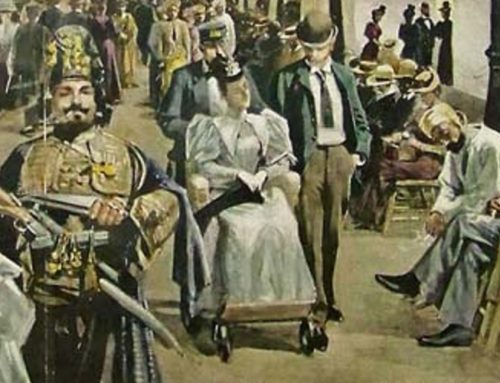

Leave A Comment